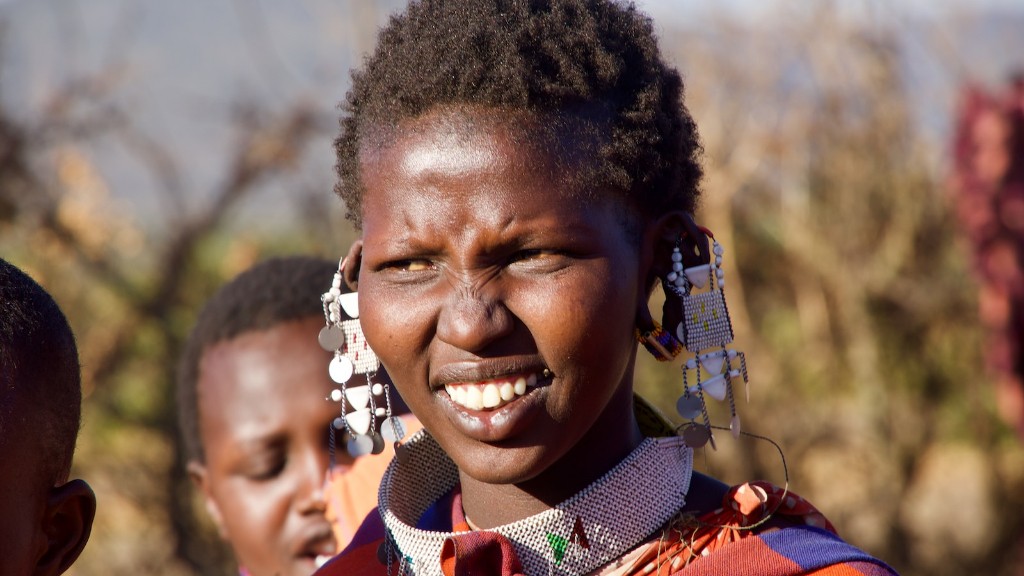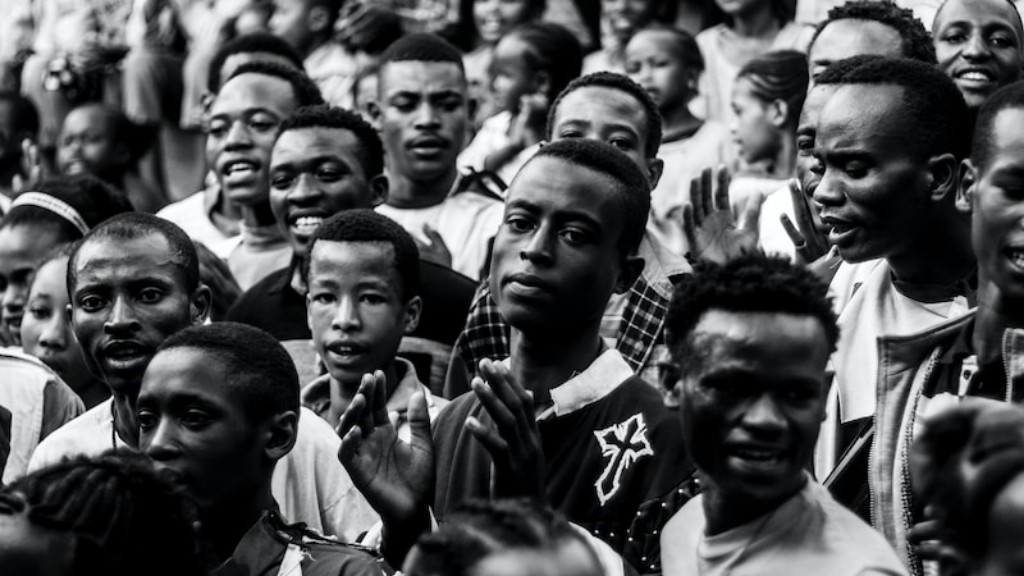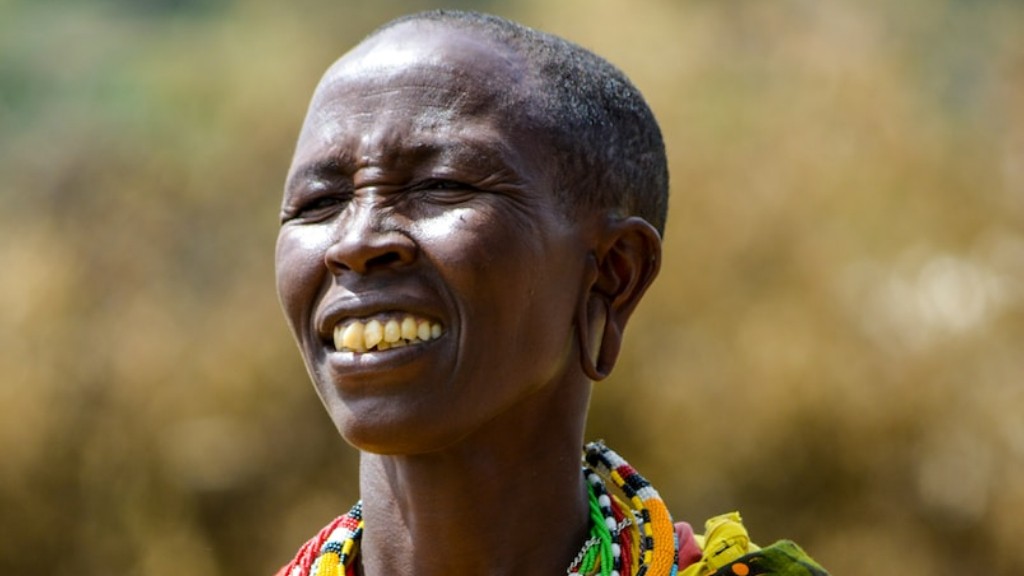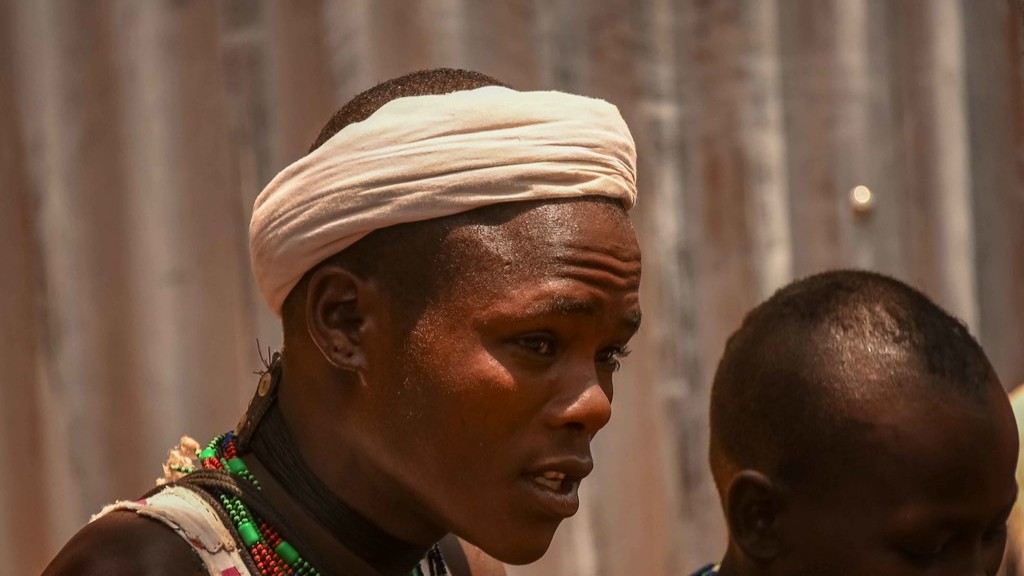North African Tribes List
North Africa is a region rich in history and diversity, with a long and fascinating tribal heritage. The tribes of North Africa have played a significant role in shaping the cultural, social, and political landscape of the region. This article provides a comprehensive list of some of the most notable North African tribes, exploring their background, traditions, and significance.
1. Berbers: The Berbers, also known as Amazigh, are indigenous people inhabiting various regions of North Africa, particularly in Morocco, Algeria, Tunisia, Libya, and Mauritania. With a long history dating back thousands of years, the Berber tribes have preserved their unique language, customs, and traditions. They have played a crucial role in resisting colonization and maintaining their cultural identity in the face of external influences. Today, Berber tribes continue to thrive, celebrating their heritage through festivals, music, and art.
2. Tuareg: The Tuareg, often referred to as the “Blue People” due to their indigo-dyed garments, are a nomadic pastoralist tribe primarily inhabiting the Sahara Desert. Spread across countries like Mali, Niger, Algeria, Libya, and Burkina Faso, the Tuareg have a distinct cultural identity and a rich history of trading and trans-Saharan caravan routes. Their society is characterized by a strong sense of honor, a code of conduct called “Touareg,” and a tradition of camel-rearing and salt mining.
3. Nubians: The Nubians are an ancient African tribe indigenous to the Nile Valley, primarily in modern-day Sudan and southern Egypt. With a history dating back to 3000 BCE, the Nubians have contributed significantly to the development of ancient civilizations along the Nile, such as the Kingdom of Kush. Known for their distinctive architecture, rock carvings, and rich cultural heritage, the Nubians have faced various challenges throughout history, including displacement due to the construction of the Aswan High Dam and the threat to their unique language and customs.
4. Touareg: The Touareg, also part of the Berber ethnic group, are a semi-nomadic tribe native to the Saharan desert. Spread across Algeria, Libya, Niger, Mali, and Burkina Faso, the Touareg have historically been a warrior society, known for their bravery, fighting skills, and distinct blue veil attire. Their unique language, Tamasheq, continues to be spoken, and music, particularly desert blues, has gained international recognition through artists like Tinariwen.
5. Beja: The Beja people are a Cushitic ethnic group residing primarily in northeastern Sudan, southeastern Egypt, Eritrea, and parts of Ethiopia. Traditionally nomadic pastoralists, the Beja have played a vital role in regional trade and have a rich oral history that has been passed down through generations. With their distinctive architecture, vibrant festivals, and unique dances, the Beja have managed to preserve their cultural identity in the face of changing socio-economic and political dynamics.
6. Chaouis: The Chaouis, also known as Shawi, are a Berber-speaking tribal group primarily residing in the Aurès Mountains region of northeastern Algeria. With a history dating back to ancient times, the Chaouis have maintained their unique cultural traditions, including music, crafts, and agricultural practices. Their strong sense of community and pride in their heritage have played a crucial role in preserving their distinct identity.
7. Rifians: The Rifians, inhabiting the Rif Mountains region of northern Morocco, have a significant cultural heritage shaped by a history of resistance against colonization and marginalization. Known for their strong sense of identity, pride, and resilience, the Rifians have a distinct language and cultural practices, celebrated through music, traditional clothing, and vibrant festivals.
8. Mozabites: The Mozabites are an indigenous Berber tribe residing in the M’zab Valley of the Algerian Sahara. With their unique architectural style and well-preserved medieval fortified cities, the Mozabites have attracted considerable attention from historians, anthropologists, and tourists. Despite the challenges posed by the modern world, the Mozabites have managed to maintain their distinct cultural practices and communal way of life.
The Significance of North African Tribes
North African tribes hold immense significance in the region’s history, identity, and cultural diversity. These tribes have contributed to the development of ancient civilizations, trade routes, and resistance against external forces. They have also preserved their distinct languages, traditions, and craft techniques, providing insights into the rich historical tapestry of the region. The resilience and pride exhibited by various tribes have inspired generations to embrace their heritage and foster a sense of unity amidst diversity.
Challenges Faced by North African Tribes
Despite their rich heritage, many North African tribes face unique challenges in the modern era. Globalization, urbanization, and socio-economic changes have significantly impacted traditional ways of life and cultural practices. These tribes also experience marginalization, political unrest, and territorial disputes, which pose threats to their cultural preservation and identity. Efforts are being made by activists, scholars, and organizations to raise awareness about the importance of safeguarding the unique heritage of North African tribes.
Promoting Cultural Preservation
Recognizing the importance of cultural preservation, governments, NGOs, and local communities are actively engaged in initiatives aimed at promoting and safeguarding the traditions and heritage of North African tribes. This includes the establishment of cultural centers, documentation projects, and festivals dedicated to showcasing the diverse tribal cultures. Encouraging sustainable tourism and promoting cultural exchange programs also contribute to raising awareness and appreciation for the rich cultural tapestry of North Africa.
Future Prospects
The future of North African tribes rests on the collective efforts of communities, governments, and supporters worldwide. By recognizing and valuing the contributions of these tribes, steps can be taken to ensure their preservation and continued celebration. Embracing cultural diversity and fostering an inclusive society will not only strengthen the heritage of North African tribes but also enrich the global cultural mosaic.



